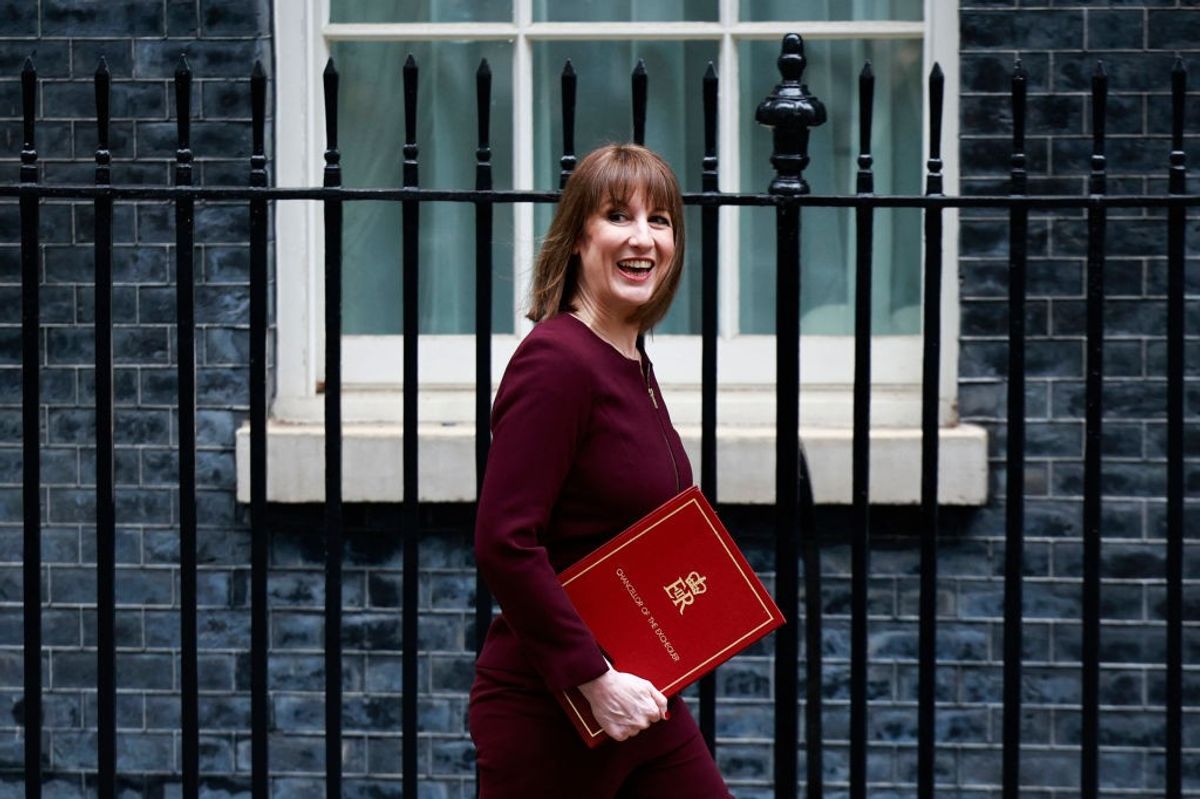Independent retailers have criticised today's budget, majorly for falling short on promised business rates reform and delaying action on unfair competition from overseas sellers, warning that thousands of independent shops will face higher costs despite government claims of support for the high street.
Chancellor Rachel Reeves has announced a significant overhaul of England’s business rates system, confirming permanent reductions for retail, hospitality and leisure (RHL) properties that will take effect from 2026-27.
Under the plan, the RHL business rates multipliers will be set 5p below the national level, bringing the small business multiplier down to 38.2p and the standard multiplier to 43p.
Treasury officials say the move will deliver almost £900 million in relief each year and support more than 750,000 premises – including thousands of independent convenience stores.
The government says the revised multipliers will mean small and standard RHL properties face their lowest business rates since 1990-91 and 2010-11 respectively.
However, independent retailers are not very happy about the overhauled business rate system.
Andrew Goodacre, CEO of the British Independent Retailers Association (Bira), said the new business rates multipliers represented "tinkering around the edges" rather than the transformation promised by government.
"The original proposals talked about reducing multipliers by up to 20p for smaller properties and 10p for larger ones," said Mr Goodacre. "What we've actually got is a 5p reduction – and even that is largely down to the rates revaluation rather than genuine reform. The government has missed a real opportunity to tackle an unfair tax that's crippling high street businesses."
The Budget introduces lower multipliers of 38.2p for properties with rateable values below £51,000 and 43p for those between £51,000 and £500,000 from April 2026. However, Mr Goodacre warned that despite the lower multipliers, many independent retailers will face bill increases of up to 30 per cent next year compared to this year.
"This is not the transformation we were promised," said Mr Goodacre. "Nearly all our members will be paying significantly more in rates next year. That's simply unacceptable when businesses are already struggling with rising costs."
Bira did welcome the two-year extension of Small Business Rates Relief, which will now continue even if shop owners expand into a second premises - a move Mr Goodacre described as "genuinely helpful for growing independents".
However, he reserved his strongest criticism for the delayed closure of the low-value import duty loophole, which will not take effect until 2029.
"Why wait four years when the USA closed their loophole in six months and Europe is doing the same next year?" said Mr Goodacre.
"Four years is an extraordinary amount of time. We're being told to live with unfair competition from overseas sellers dodging duties, VAT and safety standards while our members play by the rules and pay their taxes. We could learn from other countries who've acted far more quickly."
The loophole has allowed cheap goods to flood the UK market without customs charges, undercutting legitimate retailers. Mr Goodacre said the delay would cost independent shops dearly during the intervening years.
"This was supposed to be about levelling the playing field," said Mr Goodacre. "Instead, we've got another four years of being undermined by cheap and often unsafe imports while the government drags its feet."
With the National Living Wage rising to £12.71 from April and the 18-20 rate increasing to £10.85, Mr Goodacre warned that independent retailers were facing a "perfect storm" of cost pressures.
"We support higher wages, but these costs have to be absorbed by businesses already on tight margins," said Mr Goodacre. "Business rates aren't coming down for most shops despite government claims, labour costs are rising well above inflation, and we've got another four years of unfair competition to endure. This is not a budget that independent retailers will welcome."
He added that while measures such as the £150 energy bill reduction and extension of the 5p fuel duty cut were welcome, they represented "modest relief" after years of a cost-of-living crisis that had hammered consumer spending and shop viability.
"Will my members be happy with this budget? The answer has to be no," he added.
The Fed (Federation of Independent Retailers) welcomed the Chancellor’s announcement of a crackdown on illicit traders but is concerned that continuing high costs, including increases in the minimum wage, will harm small businesses.
The Fed’s National President Hetal Patel said: “We have campaigned long and hard for the government to get tough on those who trade in illicit goods and provide more resources for Trading Standards to carry out enforcement.
“I wrote to the Chancellor personally regarding this issue immediately before the Budget, so it is pleasing to see action being promised.
“However, the introduction of licenses to sell tobacco products and vapes will place a further burden on honest shopkeepers. We want to see any scheme implemented flexibly so it doesn’t just cause more red tape for responsible retailers like our members.”
Mr Patel said it was disappointing that the increase in the minimum wage is above inflation.
He added, “We called for any increases to be kept in line with inflation. Unfortunately, higher wage bills will lead to more staff having their hours cut or even losing their jobs, with retailers having to take on even more hours themselves.”
On the subject of business rates, the Fed is concerned that although the government is providing reduced small business rates multipliers and additional transitional rates relief that could benefit its members, there is continued uncertainty for small shops, with a revaluation for businesses due in April 2026.


